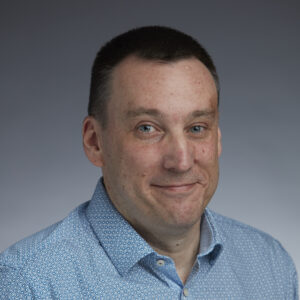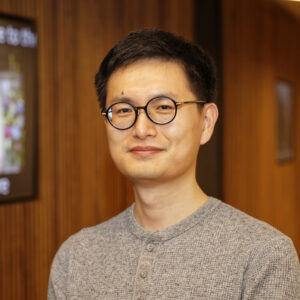
James Coker
James Coker is the Director of the Center for Biotechnology Education, which is a part of the Krieger School of Arts and Sciences at Johns Hopkins University.
As a Professor and Scientist, James studies life in Earth’s extreme environments and harnesses the unique adaptations of the microorganisms living there for use in biotechnology applications. Using biochemical and genomics approaches, he has been able to reset the activity thermostat of several enzymes and discovered a novel genome-wide system of gene regulation. His research also has helped catalog the limits of life and thereby where it is possible for it to exist in the Universe.
As an Academic Administrator, James has worked to improve STEM education by working with the Center for the Integration of Research, Teaching, and Learning as well as UTeach to train the university faculty and secondary education teachers of tomorrow. He has also long been an advocate of democratizing education and a strong advocate for adult and military students as well as career changers and underserved populations.
James earned two Bachelor of Science degrees in Zoology and Microbiology and Molecular Genetics, as well as a Minor in Philosophy, from Oklahoma State University and received his Ph.D. in Biochemistry, Molecular Biology, and Microbiology from The Pennsylvania State University.
He currently resides in Washington D.C. and is an ardent supporter of Chelsea F.C. When not working, is either planning his next dive trip or playing with his retired racing greyhound.



